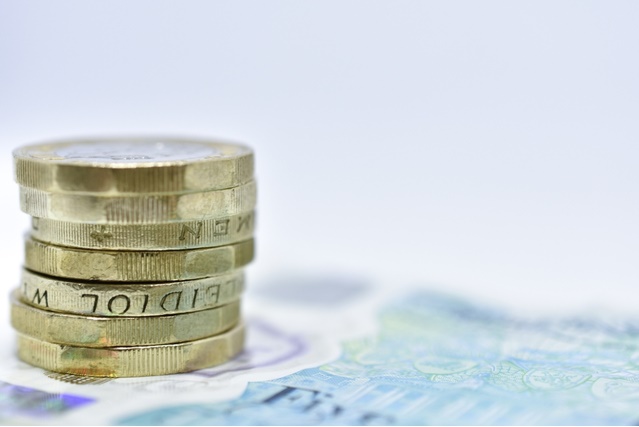GBP/EUR Exchange Rate Buoyed by Upbeat UK CPI Release
The Pound to Euro (GBP/EUR) exchange rate has struck a new one-week high this morning, following the publication of the UK’s latest inflation figures.
At the time of writing, the GBP/EUR exchange rate is trading at around €1.1183, slightly up from this morning’s opening rate.
Pound (GBP) Firms as UK Inflation Beats Forecasts
The Pound (GBP) is on the rise again this morning, extending yesterday’s Brexit driven gains, on the back of the UK’s latest consumer price index (CPI).
According to data published by the Office for National Statistics (ONS), inflation climbed from 0.5% to 0.7% in October, beating expectations for a more modest rise of 0.6% and accelerating at its fastest pace since July.
This uptick in inflation was attributed to a strong pick-up in women’s clothing prices as well as the rising cost of food, second-hand cars and computer games.
However, while GBP investors welcomed the surprisingly strong uptick in inflation, the gains proved limited as analysts appear pessimistic on the chances for inflation to return to normal levels anytime soon.
Tom Stevenson, investment director for personal investing at Fidelity International, said:
‘Inflation crept up to 0.7% in October on the back of slightly higher food. While prices are on an upwards path, rises are likely to be subdued for a while longer. Covid infections are still increasing, large swathes of the UK are under strict lockdown rules, restricting opportunities to spend, and unemployment is climbing. This is not a recipe for inflation reaching its 2% target any time soon.’
Euro (EUR) Undermined by Deflation and Coronavirus Concerns
At the same time, the Euro (EUR) is struggling to hold its ground this morning as the currency is pressured by ongoing concerns over deflationary pressure in the Eurozone as well as Europe’s struggle against the coronavirus.
The publication of the Eurozone’s finalized CPI figures confirmed that the bloc remained in a state of deflation last month, with consumer prices dropping by 0.3%
This was the third consecutive month of deflation, further stoking speculation the European Central Bank (ECB) will move to ease its monetary policy again in the near future.
Adding to the Euro’s woes are ongoing concerns over elevated coronavirus cases across Europe and their impact on the Eurozone economy.
This follows some particularly worrying statistics from the Eurozone’s two largest economies, with Germany reporting its death toll rose to a seven-month high and France passing the two million infections mark.


Comments are closed.